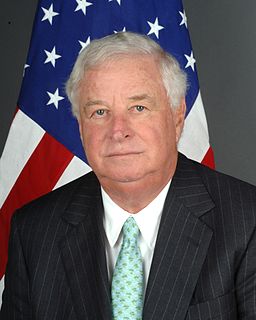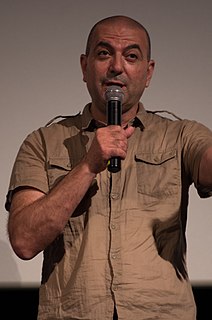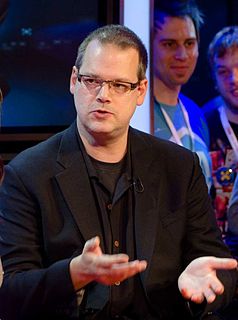A Quote by Nick Clegg
The choices politicians make must be based on values - not an arbitrary, axe-wielding approach to public spending or a dismal exchange between Gordon Brown and David Cameron about percentages that sounds like an argument between different book-keepers.
Related Quotes
I thought Donald Trump approach on Brexit was a fascinating window into how he thinks.
His basic point was that [David] Cameron should resign because he didn't read the public mood on the issue right. And that Boris Johnson should be the next prime minister because he did. That's a very different definition of leadership than many politicians have. Or at least say they have.
The decision must be made between Judaism and Christianity, between business and culture, between male and female, between the race and the individual, between unworhtiness and worth, between the earthly and the higher life, between negation and God-like. Mankind has the choice to make. There are only two poles, and there is no middle way.
I like movies that deal with trapped men. Men that need to make choices that are not obvious or easy choices. Then how do you visualize this? You create this character conflicted between two sides, because drama is about the conflict of two things, between your duty and your will, between what you want and what you can't have. It is all conflict between two things, and this is why you put your character in a place where you can visualize the conflict.
The starting point and the ending point are nothing but two arbitrary choices. You make them as in soccer games, where they chose that it's 90 minutes, not less and not more. But the choices are the responsibility of the filmmaker. You have to choose to join the story at an arbitrary point, and you leave it at an arbitrary point.
I think Martin Luther correctly distinguished between what he called the magisterial and ministerial uses of reason. The magisterial use of reason occurs when reason stands over and above the gospel like a magistrate and judges it on the basis of argument and evidence. The ministerial use of reason occurs when reason submits to and serves the gospel…. Should a conflict arise between the witness of the Holy Spirit to the fundamental truth of the Christian faith and beliefs based on argument and evidence, then it is the former which must take precedence over the latter.
There is a huge set of consequences that start stacking up as you approach the end-game. And
even in terms of the ending itself, it continues to break down to
some very large decisions. So it's not like a ****c game ending
where everything is linear and you make a choice between a few things
- it really does layer in many, many different choices, up to the
final moments, where it's going to be different for everyone who
plays it.


































